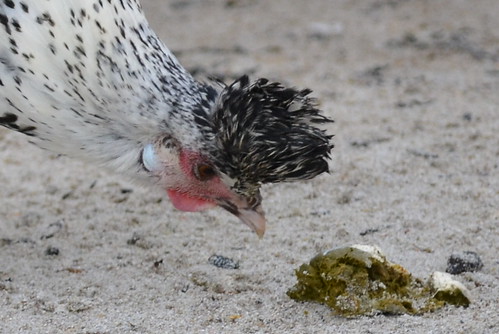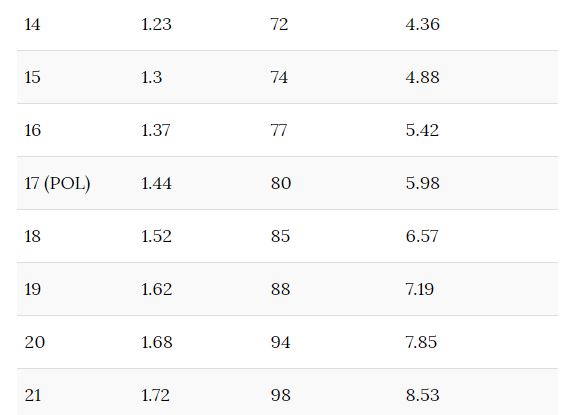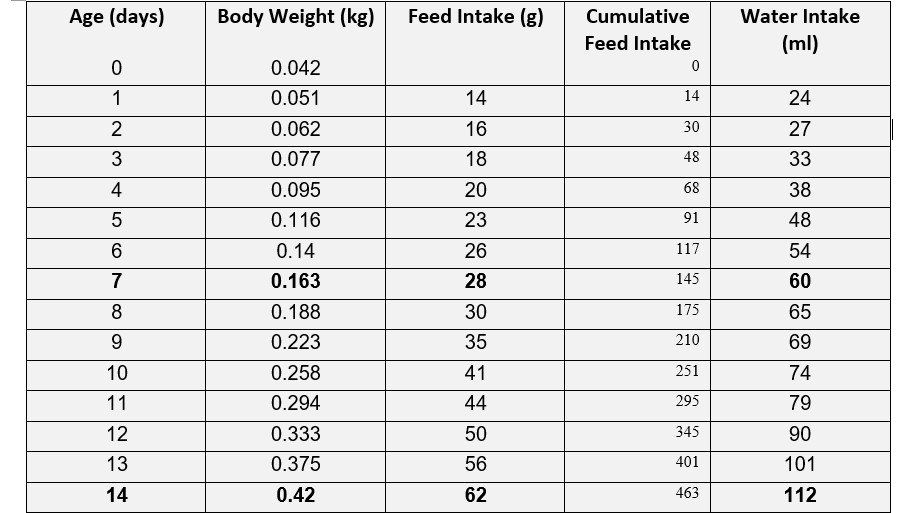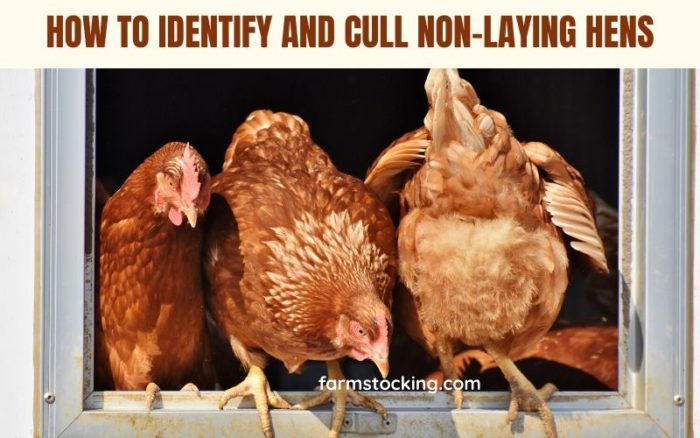Chicken poop can be a valuable indicator of your flock’s health. As a chicken owner, it’s important to keep an eye on your chickens’ droppings to ensure that they’re healthy and happy. Green chicken poop is one of the most common issues that chicken owners face, and it can be a sign of underlying health problems in your flock. In this article, we’ll explore the causes of green chicken poop and provide solutions to help you keep your chickens healthy and happy.
Here are some of the causes of green chicken poop:
- Starvation or Loss of Appetite
- Feeding on Green Veggies or Leaves
- Marek’s Newcastle Disease
- Fowl Cholera
1. Starvation or Loss of Appetite
Green poop in chickens can be caused by starvation or loss of appetite. When chickens don’t eat enough, their digestive system slows down and food spends more time in the digestive tract. Common reasons for loss of appetite or starvation include a change in diet, stress, and illness.
To treat this case, provide your chickens with a well-balanced diet and a stress-free environment. If the cause is an underlying illness, treat the illness first. Prevention is always better than treatment, so it’s important to monitor your chickens’ eating habits and overall health regularly. Keeping the chicken coop clean and dry, providing enough space and minimizing stressors can help prevent loss of appetite and other health issues.
2. Feeding on Green Veggies or Leaves
Chickens are omnivores and love to eat a wide variety of foods, including fruits, vegetables, and leafy greens. Chickens that consume a lot of greens or leaves may have green poop due to the chlorophyll present in them. Some green veggies or leaves that could cause green poop in chickens include waterleaf, lettuce, broccoli, cabbage, kale and spinach.
Fresh fruits and vegetables, including leafy greens like spinach, kale, and lettuce, can provide chickens with essential vitamins and minerals necessary for their health and well-being. However, it’s important to remember that moderation is key. Too many greens can cause diarrhea or other digestive issues in chickens.
Eating green veggies is a normal and harmless cause of green poop, and there is no need for treatment. However, if the green poop is persistent and accompanied by other symptoms like lethargy or diarrhea, it’s best to consult a veterinarian.
3. Marek’s or Newcastle Disease
Marek’s and Newcastle diseases are highly contagious viral diseases that affect chickens and other birds. They can cause a variety of symptoms, including greenish diarrhea, and is potentially fatal.
Newcastle disease is spread through direct contact with infected birds or their droppings or contaminated equipment, feed or water. It can also be transmitted by wild birds or through the air. The symptoms of both Marek’s or Newcastle disease can vary widely, but they often include respiratory problems, nervous system disorders and digestive issues such as greenish diarrhea.
If you suspect that one of these diseases is the cause of the green poop passed out by your birds, it is crucial to contact a veterinarian for diagnosis and treatment. There is no specific cure for Marek’s and Newcastle diseases, but supportive care and medication can help reduce symptoms and prevent the spread of the diseases.
Prevention is key to controlling Marek’s and Newcastle diseases. Vaccination is the most effective method of protecting your chickens from them. It’s also important to practice good biosecurity measures, including cleaning and disinfecting equipment and limiting access to your property.
4. Fowl Cholera
Fowl cholera is another cause of green poop in chickens and other domestic birds. Fowl Cholera is caused by the bacterium Pasteurella multocida and it is transmitted via contaminated feed, water or equipment as well as through body scratches and wounds. Greenish diarrhea is one of the signs of Fowl Cholera.
If you suspect Fowl Cholera in your chicken flock, isolate the infected birds immediately and let a veterinarian check the birds. Fowl Cholera can be treated with antibiotics, but it’s important to identify and isolate infected birds to prevent the spread of the disease.
Administering the Fowl Cholera vaccine to your birds early protects them from the disease. Good biosecurity measures such as cleaning and disinfecting equipment, limiting access to your property, and providing clean water and feed can help prevent the disease from spreading to your flock.





thanks for the update, more grease to your elbow.
Thank you